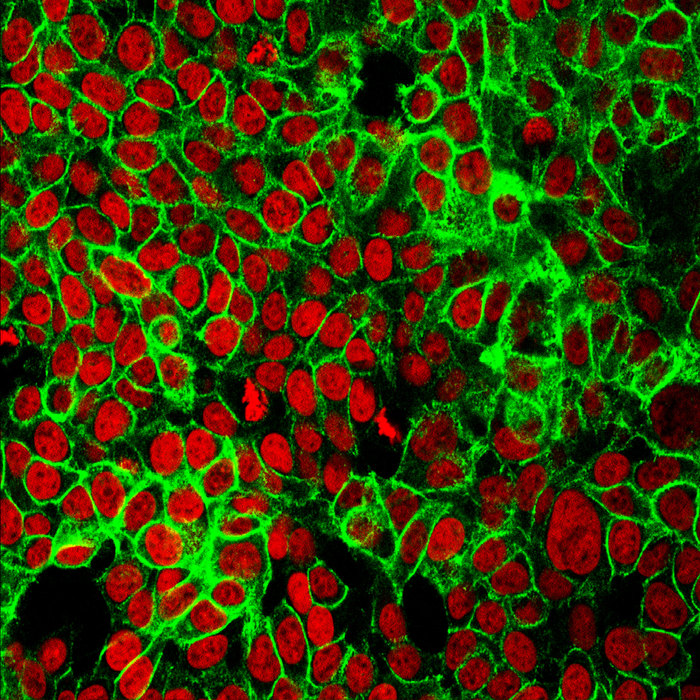Scan the blood for diseased cells and analyze the genetic sequences of the cells present in the urine: these are some of the strategies underlying the early diagnosis of tumors or to find the diseased cells that have survived the therapy, presented in five articles in the same issue of the journal Plos Medicine.
Research coordinated by Jeffrey Szymanski, of Washington University School of Medicine, describes the technique based on whole genome sequencing of cell-free plasma, used between benign and malignant tumors caused by type 1 neurofibromatosis and to help control efficacy. therapies. Another technique for early diagnosis is that proposed by Brian Nicholson, of the British University of Oxford, who uses routine clinical tests to estimate the risk of cancer in individuals with unexpected weight loss.
The other three studies concern the hunt for cancer cells that have resisted the treatments and that could restart the disease. The study led by Yaqi Wang, of China's Fudan University Shanghai Cancer Center, combines magnetic resonance imaging and measurements of circulating tumor DNA to calculate the risk of relapse in patients with advanced-stage forms of colorectal cancer. The search for cancer cells in the blood after therapy is also at the center of research conducted in Australia by Jeanne Tie, of the Walter and Eliza Hall Institute of Medical Research, in order to predict possible relapses in patients with colorectal cancer extended to liver.
Finally, the research conducted by Pradeep Chauhan, of the Washington University School of Medicine, presents a new generation technique for the sequencing of tumor DNA identified in the urine and tested in patients with bladder tumors. of diseased cells that have escaped anti-cancer therapies to avoid relapses and develop personalized treatments.

